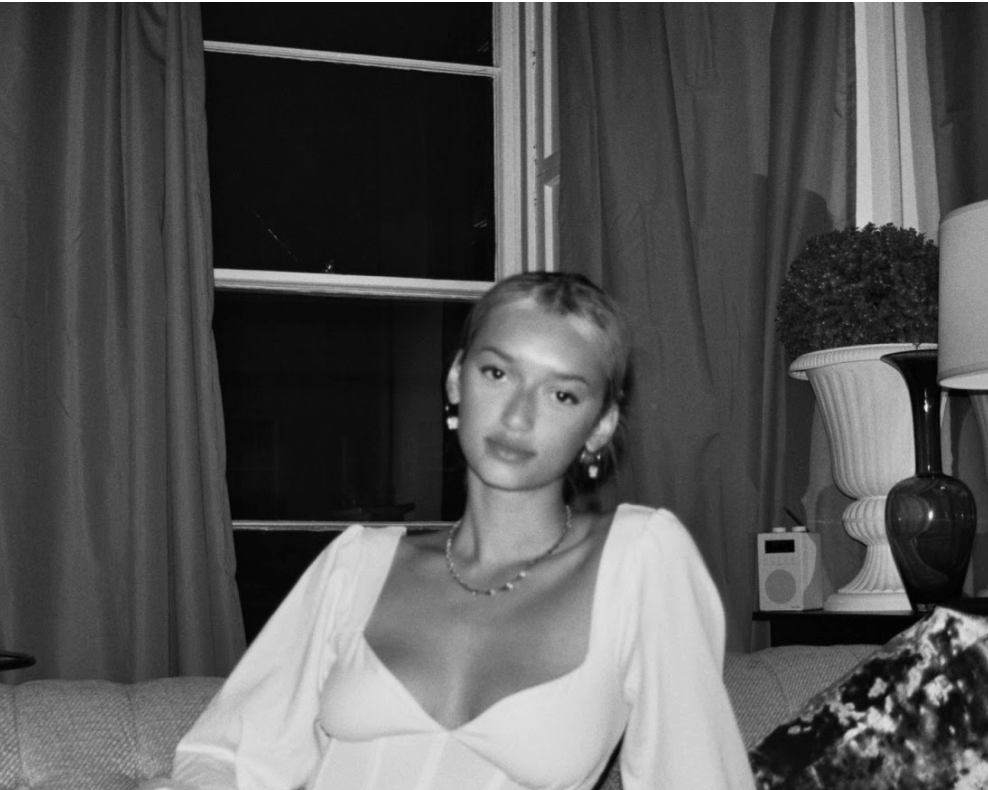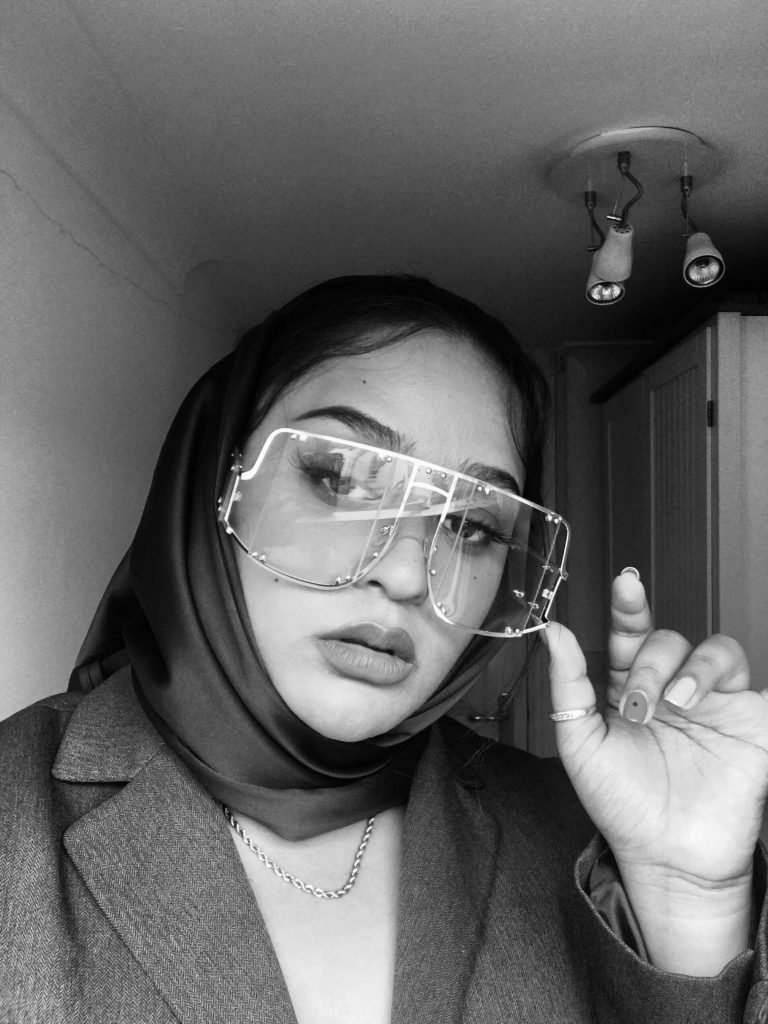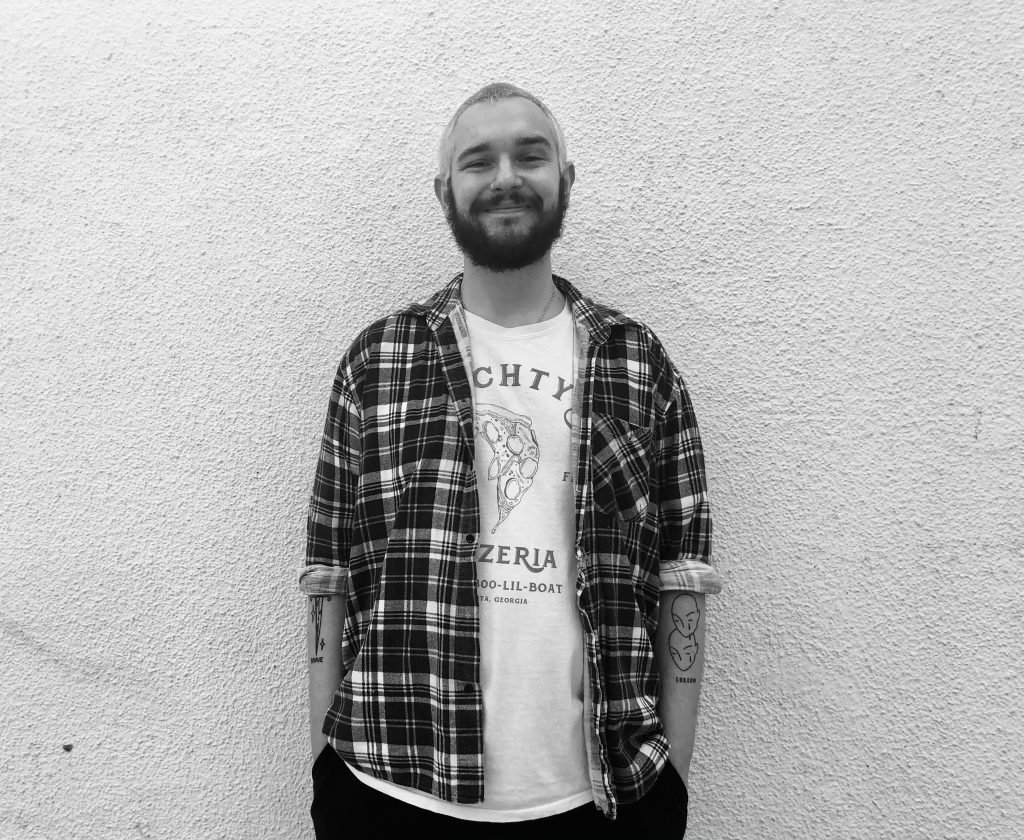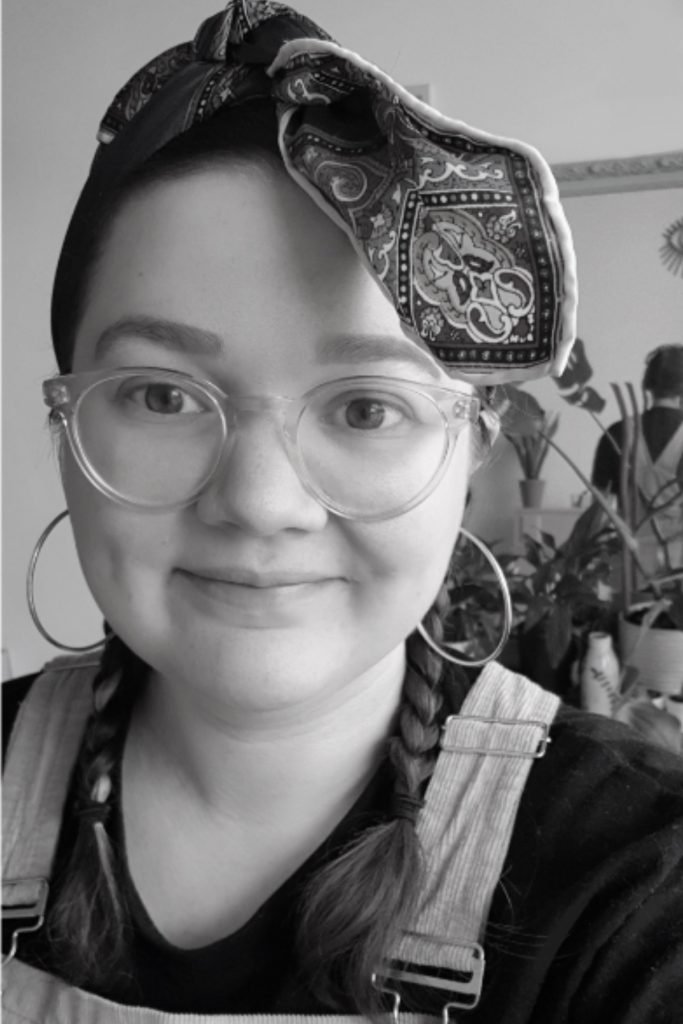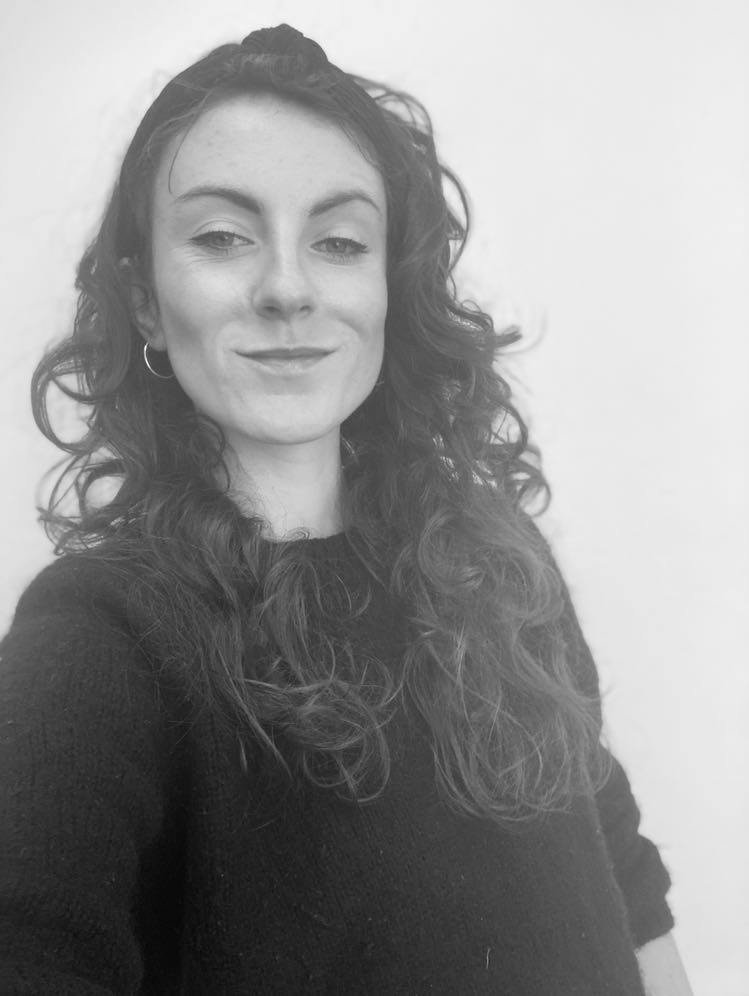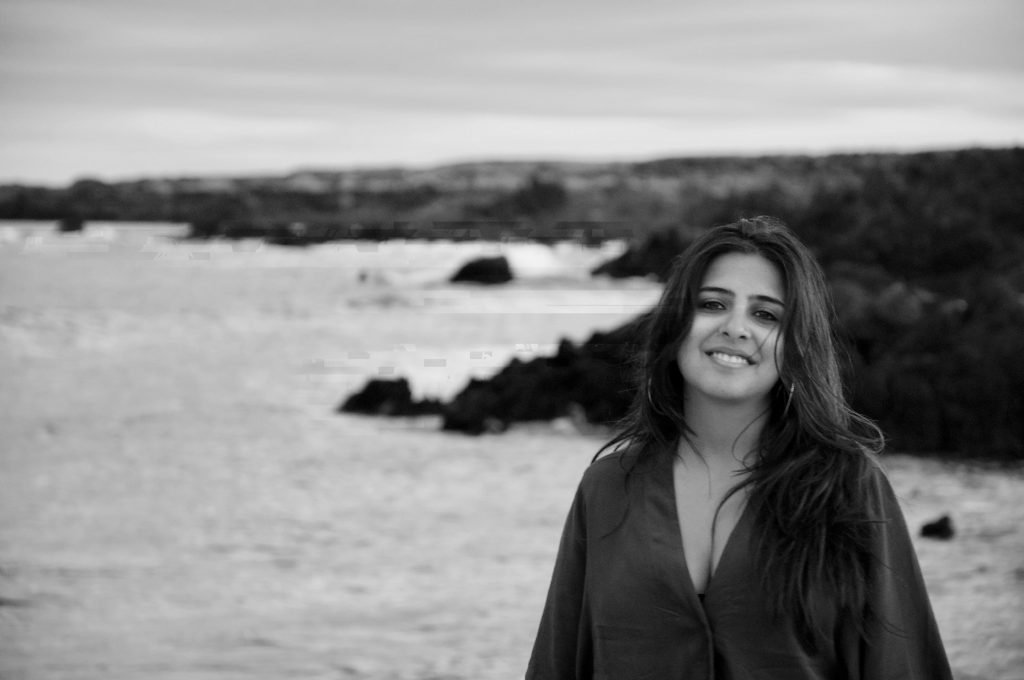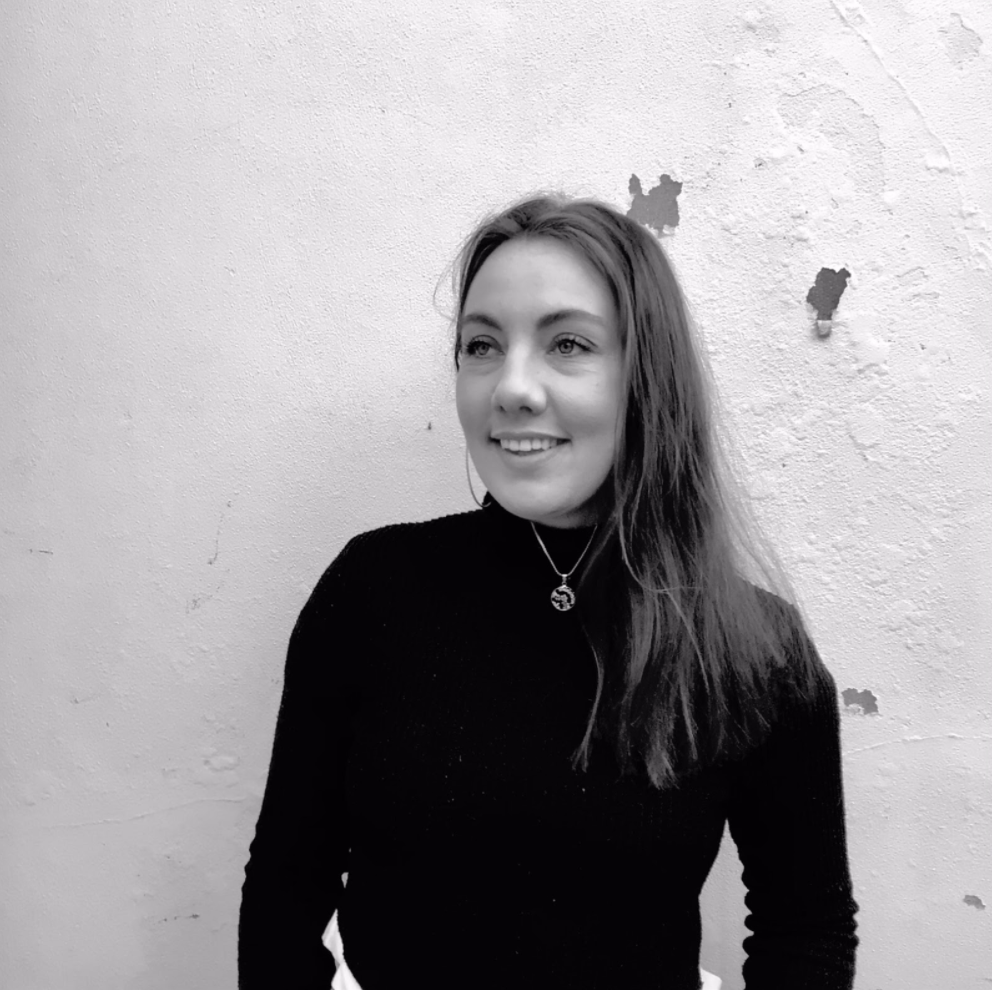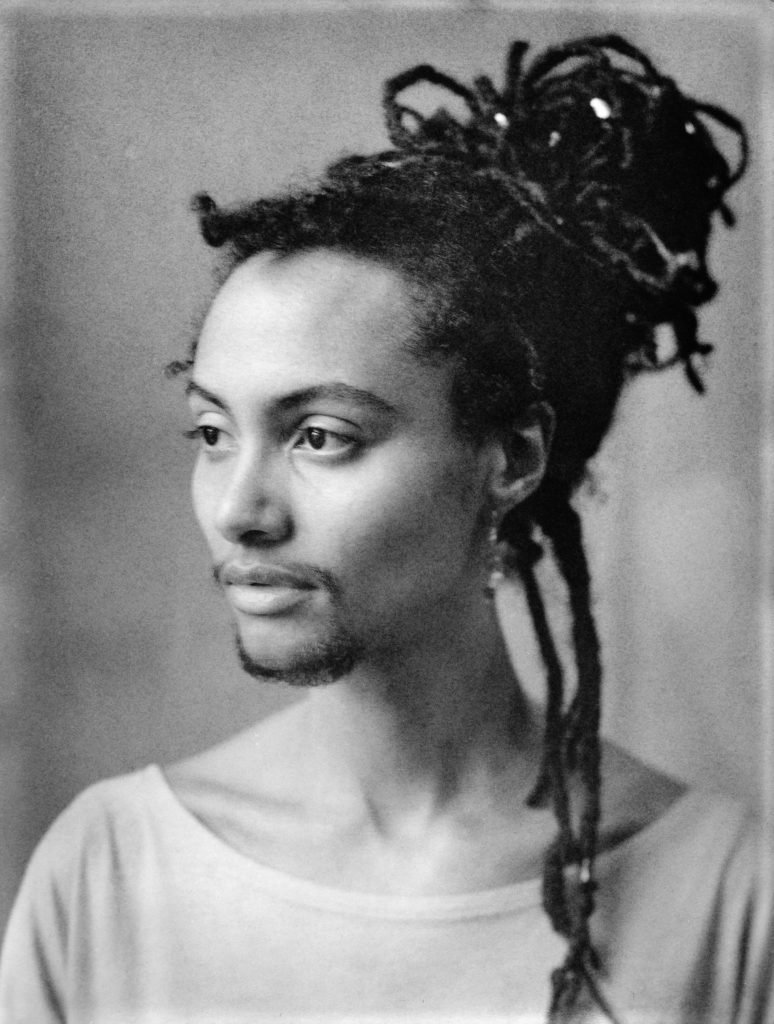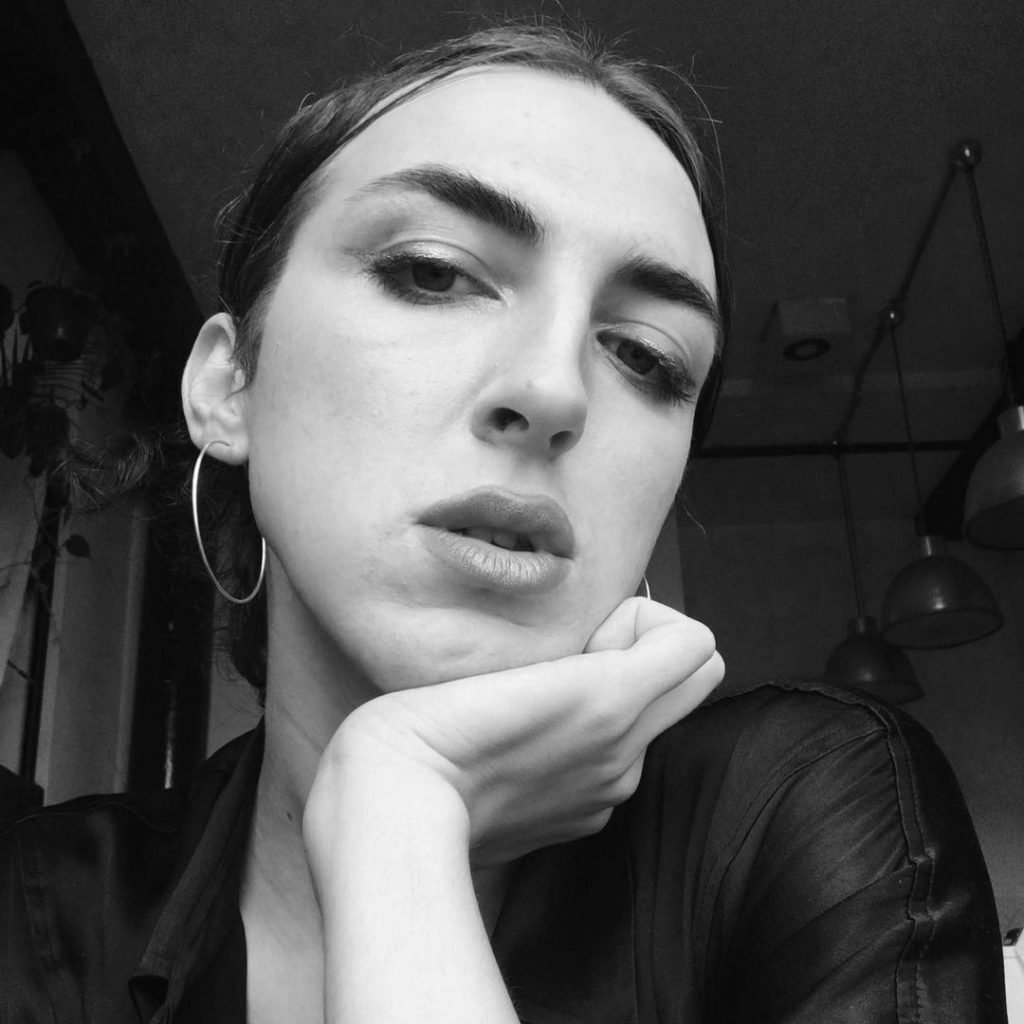Valuing the Individual
Portraits of this year’s cohort on BE IT, Rising’s transformative leadership programme.
Rising Founder Kamina Walton offers insight into how we can prize young people's individuality towards a more mindful, intentional way of working.
This month I have a load of questions to throw at you. I’m particularly speaking to sector leaders, employers, educators and critical thinkers. I hope you’ll humour me and come along for the ride.
We all know the chaos that Covid has caused to young people’s education. But did you know that almost 1 million have been made redundant since the start of the pandemic, 53.7% who are under the age of 25? Like me I’m sure you’re shocked by this figure, but when I go on to tell you that a further 24.5% are under the age of 35 maybe it helps illustrate how desperately young people are being impacted - if not directly by the virus then by the fallout from the virus.
When we ask why unemployment has affected young people so disproportionately, the obvious answers are that many work in the service industries that have been hard hit with closures. But, when we look at the creative industries, the realisation is that the majority of young people lucky enough to have had work were on zero-hours contracts or self-employed. This means that not only have they lost their employment, they have also been ineligible for furlough pay.
Seeing The Individual
So, how can we help young people recover from this catastrophe and help rebuild their confidence, self-esteem and vision for their future? Maybe we could start by really seeing these young people as talented individuals. They may not have years of work experience but, more often than not, have unique life experience, ambition and potential to lead us into a more equitable and inclusive future.
If you follow us you’ll know that a core aspect of Rising’s work is championing young creative talent and advocating for young people as leaders now. We are mindful of how we grow our community, only inviting as many to join us that we know we can fully support. This support is always tailored to the individual and it’s the bespoke nature of our work that is our real USP. In the same way, each member of our team has created their own job title, community members are invited to tailor their journey through the agency.
“It’s been one of the most caring and affirming people-centred approaches to work that I have ever been in.”
BE IT cohort #2 participant
“It really helps to look at your personal and professional development and sees them asintertwined, which is really important"
BE IT cohort #2 participant
Accessible Recruitment
So, how can we think differently about ensuring that we really see and respect the individual within the workplace? When you’re thinking about recruitment within your own organisation do you just focus on the job that needs doing? Or do you think about a mindset or lived experience that isn’t currently represented within your team? When recruiting do you spend time on making the process genuinely accessible for everyone, no matter their access needs? We have only recently discovered what it really means to do this work properly and how much time, thinking and care is involved. To really value the individual we need to question our go-to systems and processes and ask if they are really fit for purpose or whether they need recreating. This is the work.
Access and the need to self-identify
One of the young people who recently joined our community came with their own access package clearly outlining their access needs, from Zoom breaks to easy to read agendas. This was such a joy to read. Wouldn’t it be amazing if everyone were encouraged to think about their individual access needs and feel comfortable sharing these with employers or collaborators? We are all so time-short and under increasing pressure in our work lives that it is often easy to forget the importance of putting the individual first.
Identification categories are often decided on behalf of people rather than coming with options. This is particularly true in the creative sector. It can extend to commission opportunities where young people of colour are constantly highlighting how they only ever seem to be asked to make work about race, difference or their cultural identity. Or anyone who doesn’t identify as heterosexual being asked to make work about their sexuality. Within our new engagement strand, Our Culture, we are inviting young people to self-identify in order to join a group they feel aligned with. We are exploring these creative routes in order to increase access and understanding of individual needs within the sector.
The Power of Language
Both pigeon-holing and categorization are reflected in the language we use. Through Rising’s ongoing research into the cultural engagement of young people of colour, Whose Culture, we have highlighted how even the use of the term ‘culture’ is loaded with assumptions, often created from a white, hetro-normative perspective. Culture means many different things to different people depending on their background, life experience, geographic location and privilege. We could echo similar sentiments around the term BAME which for so many is an insult to the complexity and richness of their individual identities.
Within our work at Rising we are constantly questioning, reflecting and reviewing. This includes re-working the way we communicate as a team, how we engage with our community, and how we share our story with the world. When we speak of co-creation we really mean it. Every individual voice is listened to, heard, valued and, wherever possible, acted on. This approach takes time, but we are great advocates for slowing the pace, practising the belief that less is more and recognising that the process is where the real learning happens.
From over 30 years experience of working in the sector, I know the speed and pressure we are expected to work under. But as the pandemic has shown us, there is great benefit in slowing down, having more time and space to think. There is such a strong temptation to leap back into old ways of being with a desperate need to return to life as it was—but we must resist.
We are being offered an opportunity here to re-think, re-imagine and re-create the way we work and the sector we work in. This is, after all, the ‘creative’ sector. Why should we not apply all our individual and collective creative thinking to developing more considered ways of working, nurturing ourselves and those around us through care, pace and a sense of wellbeing? But this is hard to do alone when everyone else is still moving at the speed of light!
Join us?
The focus of our next campaign, WhoseFuture #2, will be exploring exactly these questions, challenging everyone in the city to consider the value of pausing, reflecting and maybe doing things differently. We invite you to join us in re-imaging our next steps to productivity through wellbeing and creativity, seeing them as a vehicle for genuinely valuing the individual.
Kamina Walton, Founder/Director at Rising

